Online gambling regulation, debate and controversy has
become one of the hottest issues on the face of the planet.
Since online casinos began to become prevalent over the
Internet with an estimated count of 2300 as of 2005,
countries, lawmakers, gaming industries and individuals have
been battling over whether it should be legalized and
regulated or made completely illegal to gamble over the
Internet. One major center of debate has been the United
States where it is estimated that between 50% to 70% of all
online gamblers worldwide reside. So many viewpoints have
been presented as to what should be done to where an overall
consensus is confusing at best. Meanwhile, other nations
such as the UK, Antigua and others are not only taking steps
to legalize online gambling, but are also protesting actions
taken by the United States as their legislation against
online gambling impacts free trade. A Republican led
Congress together with President Bush enacted the 2006
Unlawful Internet Gambling Enforcement Act (UIGEA) bill
which basically restricted the use of certain financial
instruments such as credit cards to finance online gambling
activities and yet at the same time states that it is not
illegal for Americans to gamble online.
On October 31st 2006, the Remote Gambling Summit which had
representatives from 30 countries took place in Britain at
the Ascot Racecourse to discuss how to regulate and tax the
online gaming industry. The United States was invited but
declined to attend. Some of the issues discussed at the
summit were age and identification verification systems as
well as the role and responsibilities of governments that
host and regulate Internet gaming operators, along with
legal and ethical considerations, including those related to
awareness and treatment of problem gambling and gambling
addictions. It was the opinion of U. K. Culture Secretary
Tessa Jowell that regulation is needed for this industry,
and that taking measures like the United States ban risks
driving the industry into criminal hands, just like
Prohibition in the U.S. back in the 1920’s.
For those not knowledgeable about Prohibition, on August 1,
1917 the U.S. Senate passed legislation to create the 18th
Amendment which was also passed by the House 3 months later.
This bill prohibited the manufacture and use of alcohol in
the United States. The result was that Americans looking for
an occasional drink went from regulated outlets such as
saloons to “speakeasys” which were run by gangsters and
racketeers. Even police, politicians, judges and civil
leaders frequented the “wet cabarets” and “soft drink
parlors” which remained open through graft payouts. At the
same time whiskey sales for medicinal purposes soared. The
failed experiment of Prohibition was ended with the creation
of the 21st Amendment on December 5, 1933.
Initial reaction to the recent UIGEA bill has shown
similarities to Prohibition with numerous publically
regulated offshore corporations leaving their U.S.
customers, only to be replaced with privately owned
companies where it is almost impossible to know who owns
them. A number of privately owned online poker rooms have
reported a surge in signups for U.S. real money players.
Many online gamblers simply switched over to sites that
would accept U.S. players and continued their activities.
Critics of the bill state that the UIGEA actually does
nothing to curb online gambling, because many banks had
policies against credit card usage for online gambling far
before the bill became law. Other nations such as Antigua
and Barbuda have seen the UIGEA and other legislative
actions the United States has taken as discrimination
against Internet casinos and a restriction on international
free trade. They have already won a case against the U.S. in
2005 at the World Trade Organization and are planning
another filing because the U.S. was to comply with the WTO
ruling and has made no efforts to do so.
Several countries besides the U. K. have laid groundwork to
regulate and tax the egaming industry, rather than outlaw
it, such as Italy and Belgium. Other efforts to stop
protectionism have made The European Commission (EU) put
Italy, Germany, Hungary, the Netherlands, Sweden, Denmark
and Finland on notice in April 2006 for letting state
lotteries offer online sports betting, while barring other
competitors. The EU Financial Services Commissioner Charlie
McCreevy said in September that eight more countries might
be added to the list of countries already facing legal
action for refusing to open their betting markets.
Research by the British government shows that there are
close to one million regular online gamblers in Britain.
They make up nearly one-third of Europe’s approximate 3.5
million regular online gamblers. Combined with the estimated
20 million online gamblers and poker players in the United
States, this represents only part of a sizable world-wide
group of people who fuel a multi billion dollar industry
that everyone seems to want to get a piece of, so expect the
regulation of online gambling to be a hot topic for quite
some time.
By Tom Howze
Tom Howze is a webmaster for sites that relate to the World Series of Poker with resources for Free Slot Machine Games and Online Casino Gaming.

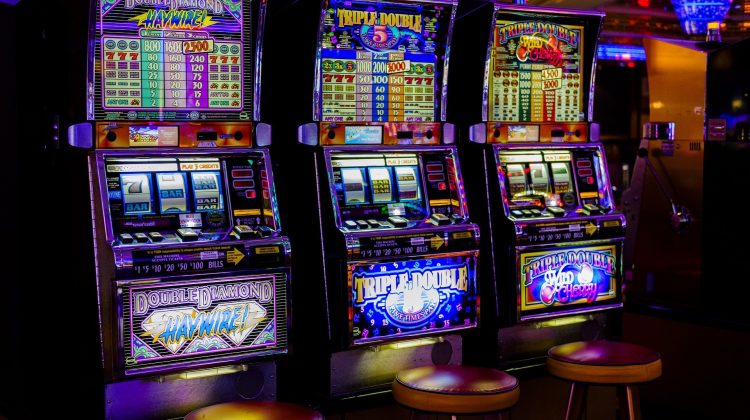







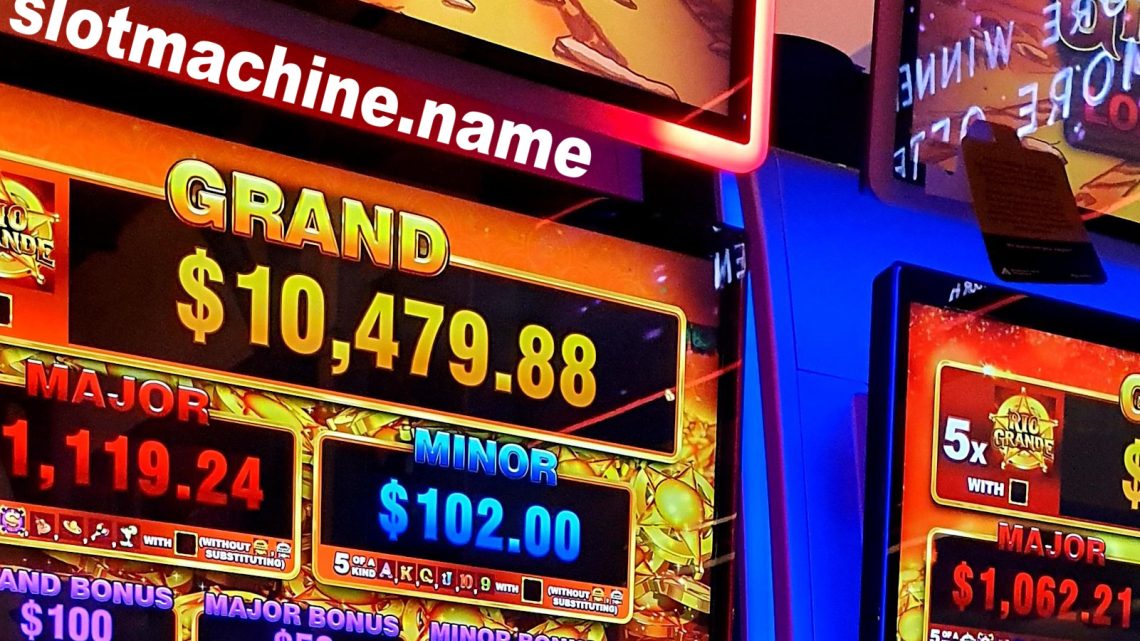
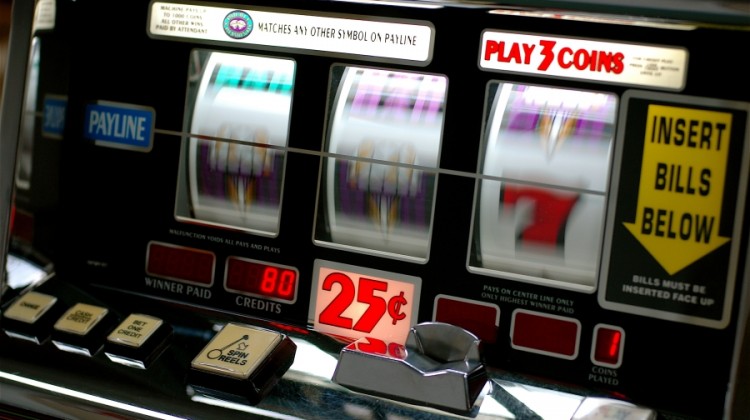
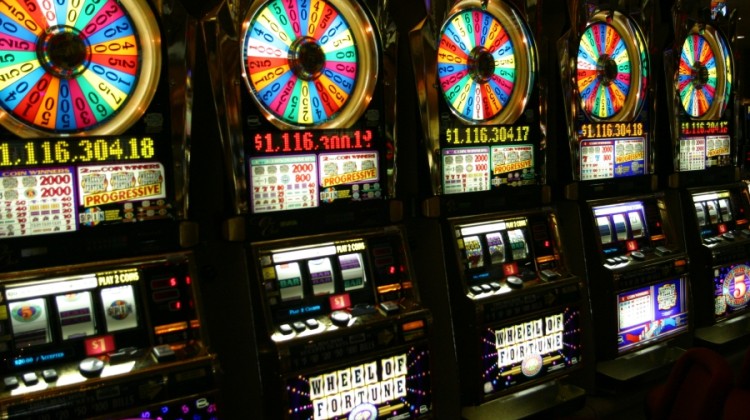
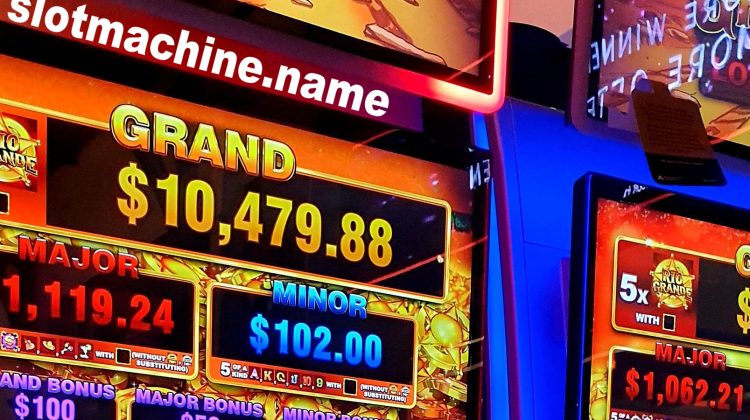
No Comment